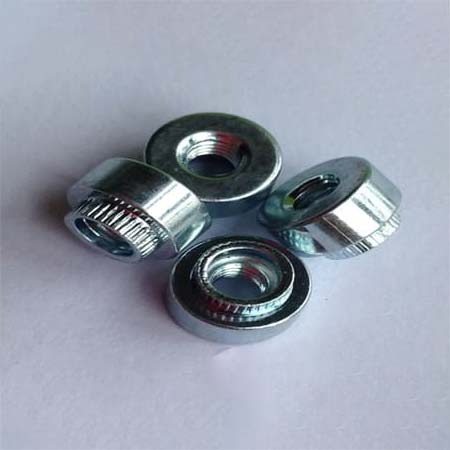Flare Nuts, also known as compression nuts, find essential applications in various industries and situations where reliable fluid connections are crucial. These specialized nuts are designed to create secure, leak-free connections between pipes, tubing, and fittings. Their versatility and effectiveness make them indispensable in multiple scenarios, ensuring the safe and efficient flow of fluids.

Flare Nuts are commonly used in plumbing and HVAC systems. They play a vital role in connecting pipes and tubing that carry water, gas, or refrigerant within residential, commercial, and industrial buildings. These nuts provide a tight seal, preventing leaks and ensuring the proper functioning of plumbing and heating/cooling systems. In HVAC systems, flare nuts are often used to connect refrigerant lines and components, maintaining the integrity of the refrigerant circuit.
In automotive applications, flare nuts are frequently employed in brake lines and fuel lines. The secure connections they provide are essential for maintaining the safety and reliability of braking systems, as well as ensuring efficient fuel delivery. The flare nuts' ability to withstand pressure and vibration is crucial for the optimal performance of these critical automotive components.
Flare nuts are also utilized in hydraulic systems, where they facilitate connections between hydraulic lines, hoses, and fittings. Hydraulic systems are prevalent in industries such as construction, manufacturing, and agriculture, where the precise transmission of power and control is essential. Flare nuts contribute to leak-free connections that withstand the high pressures and demanding conditions commonly found in hydraulic applications.
Gas appliances and equipment, such as stoves, water heaters, and gas lines, rely on flare nuts to establish secure connections that prevent gas leaks. The safety implications of gas leaks make the use of reliable flare nuts vital in these contexts.
In summary, flare nuts serve as critical components in a wide range of applications, including plumbing, HVAC, automotive, hydraulic, and gas systems. Their ability to create robust, leak-free connections ensures the integrity and efficiency of fluid-carrying systems, promoting safety, performance, and reliability across various industries.